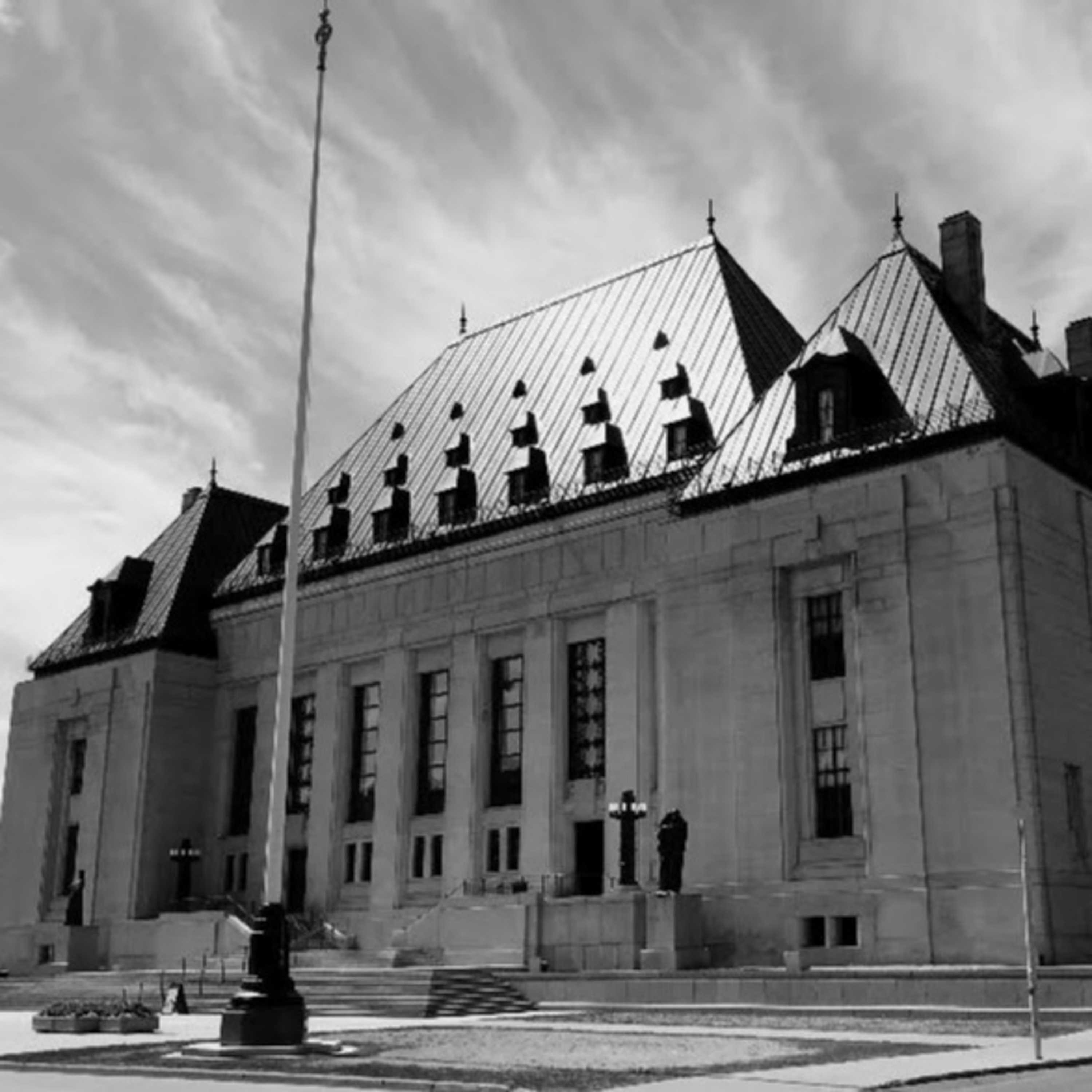Meranda Leigh Dingwall, et al. v. Her Majesty the Queen, et al. (39274)
The three appellants, Ms. Dingwall, Mr.Russell, and Mr. Richet, were convicted of aggravated assault and various firearm offences in connection to a drive-by shooting occurring outside a residential house in British Columbia. At trial, the Crown’s case was based on circumstantial evidence. The trial judge concluded that Mr. Russell and Mr. Richet were guilty as principals or aiders or abettors for all charges. Ms. Dingwall was found guilty as an aider or abettor for the charges relating to the drive-by shooting and as a principal or aider or abettor for the charges related to the burning of a truck. The three appellants appealed their respective convictions. The majority at the Court of Appeal dismissed the appeals. It held that the verdicts were not unreasonable. There was agreement with the trial judge that no inference other than guilt was available given the evidence and absence of evidence, assessed logically, and in light of human experience and common sense.
In dissent, Butler J.A. disagreed with the disposition of Ms. Dingwall’s appeal relating to the drive-by shooting charges. He would have allowed her appeal with respect to counts 3 to 6 and directed acquittals for those offences. He would have dismissed Ms. Dingwall’s appeal from her other convictions and dismissed the appeals of Mr. Russell and Mr. Richet. In his view, the trial judge erred in concluding that the only rational inference to be drawn from the evidence was that Ms. Dingwall aided or abetted in the offences described under those counts. To Butler J.A., the trial judge failed to properly consider the lack of any evidence about Ms. Dingwall’s activities before and during the shooting offences, and failed to consider the absence of evidence given her potential liability as a party, rather than a principal, to those offences. As Ms. Dingwall’s participation in the offences was not the only rational inference on the evidence, the Crown could not be taken to have met its burden of proof and the trial judge’s verdict was therefore unreasonable.
Keywords
Criminal law - Appeals, Evidence - Criminal law - Appeals - Unreasonable verdict - Circumstantial evidence -Parties to offence - Whether the trial judge erred in law in his determination that the appellants’ guilt on counts 3, 4, 5 and 6 was the only reasonable conclusion available on the totality of the evidence. .
Notes
(British Columbia) (Criminal) (As of Right)
Disclaimers
This podcast is created as a public service to promote public access and awareness of the workings of Canada's highest court. It is not affiliated with or endorsed by the Court. The original version of this hearing may be found on the Supreme Court of Canada's website. The above case summary was prepared by the Office of the Registrar of the Supreme Court of Canada (Law Branch).
